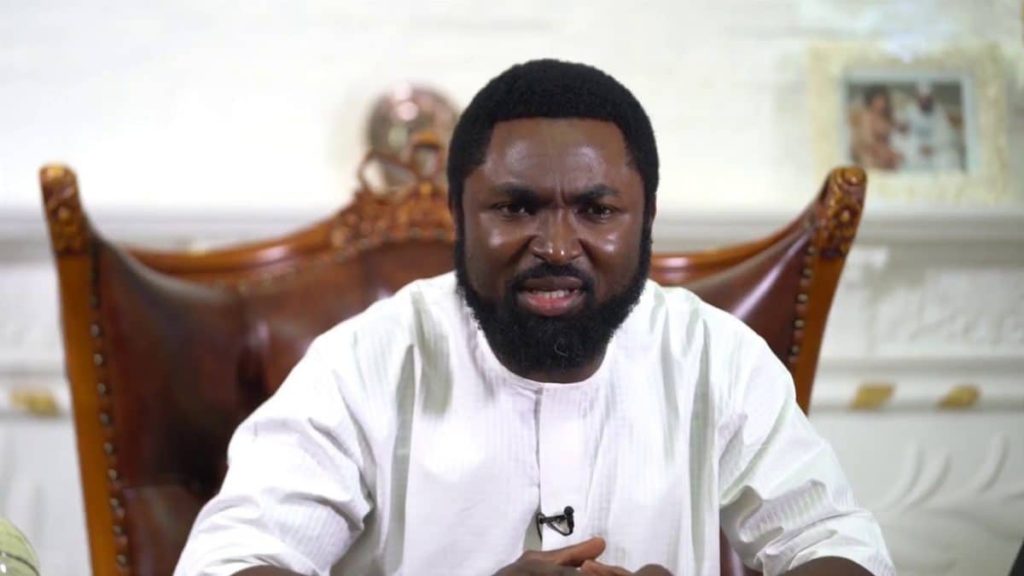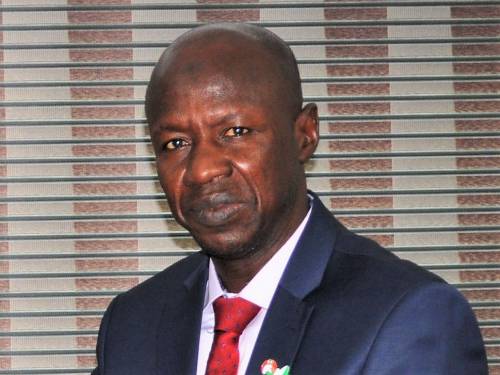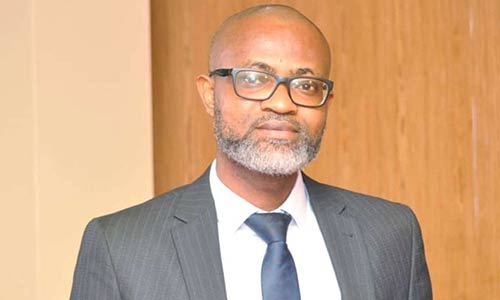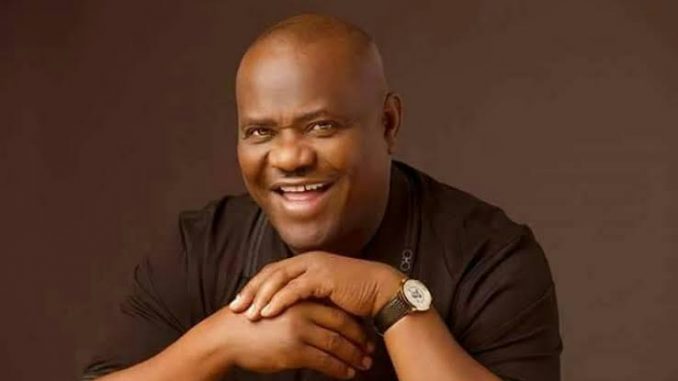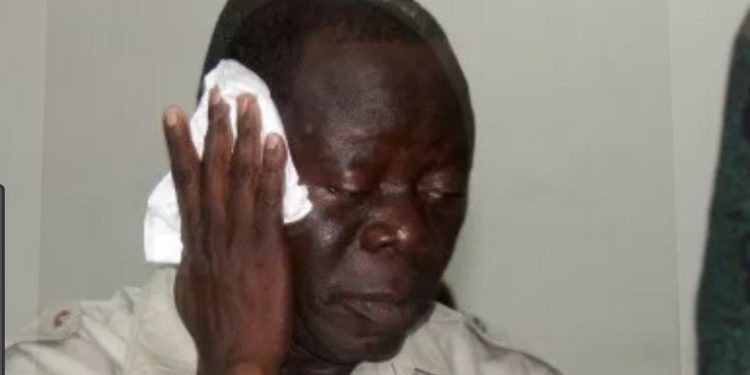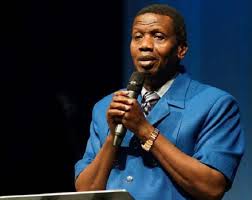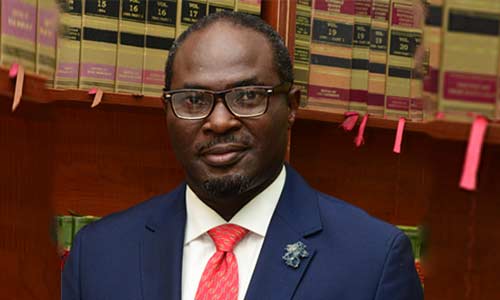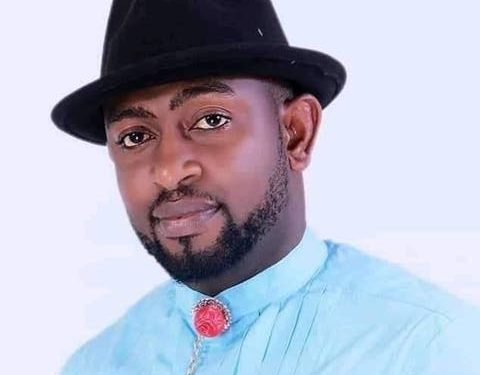Over the years, political actors in Rivers State have made it extremely difficult for public affairs watchers not to read meanings into what ordinary folks would dismiss.
Although the 2023 political calendar is more than two years away observers have started making their own calculations and predictions of how things would shape up for the political class. Politics in Rivers is no child’s play. Those that lack the financial resources or the political base to make things happen compensate with deft political moves that take up their value for a vantage position.
Those that have the mindset those politicians in the oil-rich state are more or less driven by what they tend to benefit from the system than what they are willing to put in to benefit the people or the community, blame it on the winnertakes- all nature of the state’s politics.
Also, when one considers the open disagreement across party lines, the somewhat volatile nature of the state’s politics, and the unpredictable manner in which the political actors jump ship at the slightest opportunity based on personal reasons, one cannot but conclude that the coming political season will be very interesting.
Without anyone needing a soothsayer to predict the likely scenarios that would play out in the state come 2023, one only needs to take a critical look at the fate of the state’s two main political parties -the Peoples Democratic Party, (PDP) and the All Progressives Congress (APC).
While the PDP appears to be consolidating on its victory in the 2019 elections, the APC does not seem to have recovered from its failure to present a single candidate to contest that election. In the aftermath of the 2015 general elections, the APC acted as an opposition party and used the next two years to consolidate as a party that really wants to take over power.
Then, although the disagreement between former Governor, Chibuike Rotimi Amaechi and Sen. Magnus Ngei Abe had started to manifest, there was a semblance of order in the structures of the party that gave some the false hope that the party could carry the day come 2019.
What followed in the next two years before the election that followed was like a Hollywood movie. How could Amaechi, Abe and their supporters disagree on the party’s leadership structure to the point that they went to court and allowed the matter to get to the Supreme Court?
The failure of the gladiators to agree, and the manner in which they fought till the Supreme Court ruled that the party cannot field any candidate for the election, to some few party faithful who displayed some level of neutrality throughout the crisis was too disturbing and therefore a trigger to either form their own faction or move to the ruling PDP.
That was why Hon. Igo Aguma, a staunch Amaechi ally headed to court to take over the party’s leadership. Currently, the battle for the party’s leadership has moved from two main factions to three, which does not augur well for the party.
So, rather than the political actors in the APC working as a team in the party’s victory come 2023, the APC leaders have refused to sheathe their swords. A few days ago, another Amaechi ally, Hon. Chidi Lloyd, who was the majority leader in the state House of As-sembly during Amaechi’s two terms in office, decamped to the PDP. Although Lloyd, was not in the heavyweight category of the state’s politics, he was vibrant and influential in the Assembly.
Around 2013, when there were moves by the PDP to impeach Amaechi over his disagreement with then President Goodluck Jonathan, it was Lloyd who spearheaded the move to frustrate that plan.
When a fight broke out between the supporters of Amaechi and Governor Nyesom Wike, who was then the Minister of State for Education, it was Lloyd who used the mace at the Assembly to attack Hon. Micheal Chinda, who sustained serious head injury and flown abroad for treatment. Lloyd, who was later arrested remained with Amaechi until a few days ago when he also joined the PDP.
Only a few political watchers knew that Lloyd’s heart was no longer in the PDP until he stormed Government House Port Harcourt in the company of elders of his community that had gone to pay a solidarity visit to Wike. It was during the visit that Lloyd announced his defection to the PDP.
Also, Wike used the opportunity to reconcile the lawmakers that fought in 2013. Speaking at the event, Lloyd said the reconciliation was ordained by God and restated his earlier apology to Chinda and his other colleagues over his role in the crisis at the State House of Assembly.
He described his action in 2013 as a mistake of the head and not of the heart and thanked Wike for his benevolence which led to total reconciliation. Responding, Hon. Michael Chindah thanked God for keeping them alive to witness the reconciliation, and also lauded Wike for his role in ensuring that he remained alive after the incident.
Chindah who observed that Lloyd misunderstood him on the day of the crisis, said he had already forgiven him since December, 2013. He also urged parliamentary leaders not to promote issues that would lead to crisis in their service to humanity.
Also speaking on the issue, Hon. Evans Bipi, who was factional speaker after the fight described Lloyd as a man with a large heart and thanked him for coming back to his roots.
Reacting to Lloyd’s defection to the Peoples Democratic Party, the APC faction loyal to Amaechi described it as “good riddance to bad rubbish.” A statement by Ogbonna Nwuke, Acting Publicity Secretary of the APC faction, noted that the action of Llyod, did not come to the party as a surprise.
Nwuke said: “For years, our supporters have been watching the dance steps of the former member of the Rivers State House of Assembly. It is regret
table that the Akpabu-born politician whose activities have been less than desirable has taken a decision to stray from light in order to embrace darkness. “We have equally listened to his comments and we are amazed that his hunt for the ‘feeding bottle’ that Wike controls could drive him to such a lowly height…
“We state categorically that the exit of Hon Lloyd would have no effect on the fortunes of the APC. On the contrary, APC members in Emohua Local Government Area are jubilating over his exit. All politics, they say, is local, and these party men and women who are in a happy mood right now know who is who.
“The APC in Rivers State is waxing stronger. Hon Ephraim Nwuzi, the Deputy Chairman of the House of Representatives Committee on the Diaspora who is currently representing Etche/Omuma Federal Constituency has dumped the PDP for the APC.
“At the grassroots, thousands of PDP members drawn from units, wards and local government areas have quietly joined the APC. Many more leaders of the PDP tired of groping in darkness are moving in the direction of the APC.
“These are men and women who have decided to dump Governor Nyesom Wike and the PDP. These people are tired of the financial recklessness displayed by the Wike administration and tired of his penchant for abusing power. “They are tired of the dictatorship that has taken root in Rivers State; tired of the impulsive decisions which do not promote good governance, and stressed beyond a reasonable doubt by the ignoble contempt with which the Wike administration views the people”.
“We can understand the frustration that the Wike administration is facing at this time. Because opinion within the PDP is unfavourable towards Wike inside the PDP, Wike has resorted to the antic of procuring “belliticians” from outside his own party to strengthen his dwindling power base. “We will not be surprised to hear that these discredited persons who no longer enjoy the confidence of APC members in their wards and LGAs would be described as intimate friends of Rt. Hon. Rotimi Amaechi.
So, whichever way one sees it, while the APC continues to battle its demons, the PDP under Wike continues to consolidate. Specifically, the governor has unofficially kick started his campaign for 2023 for the PDP within and outside the state. When the state executive of the PDP paid him a courtesy visit a few days ago, the governor described the (APC) as a party that made a lot of promises before coming into power but failed Nigerians by not fulfilling its promises.
The governor said: “Nigeria is hoping for PDP, APC has failed Nigeria. This is no more time for promises. You have promised and you have failed. There is nothing to try you again. “Nigerians have realised that it is better they stay with the PDP that has the interest of Nigeria at heart than a Party that gives excuses every day. “You know there are problems in Nigeria and you made promises, asking Nigerians to vote for you and for five years, nothing has changed…
“Let me say clearly that this is no time for politics. My concern now is to make sure we deliver all the promises we have made to the people of the state. When politics comes, we will have our report card to show the people. “It has never happened in the history of this country. Within one year, a state government will construct five flyovers projects at the same time.”
Wike urged the party executives to show more love to the party by being loyal and committed, just as he urged them to do their best in consolidating the gains of the Party in the State.
He said: “I plead with you all to work cooperatively with the chairman and be united. We are going to work together to draw up a plan that will make us more effective. “Let nobody deceive you to attend any meeting anybody will call because he wants to run for governorship. We have not come to that point. I have just stayed one year in office in my second tenure.
We are working for our Party to be united to make sure that APC does not have a breathing space in our state. “There is nothing the APC can say to Rivers people today as the reason they should be voted for. Whether it is the Federal Government, or their political appointees, they have nothing to tell us.” Also, a few days ago, thousands of APC supporters in Etche Local Government Area dumped the party for PDP.
Wike, who addressed them, urged political leaders of the PDP in the area to work together for the overall interest of their people. Wike said he made a promise to reconcile all aggrieved members of the party during his second term inauguration and would not allow further divisions in the party.
He called on the leader of the party in Etche Local Government Area, Prince Emma Anyanwu to carry all members of the party along in the scheme of things. “The leadership of Etche PDP should stop further disagreements and work together in unity. I do not want to hear anything like returnees.
“The people of Etche Ethnic Nationality have lost a lot of things because of division. You should see the overall interest of Etche far above personal interests.”
Unlike 2015 when a war of attrition between groups loyal to Amaechi and the other faithful to Abbe and the consequent legal battle which climaxed at the Supreme Court prevented APC from fielding candidates, observers believe that the earlier the party puts its acts together the better for a more robust contest in the 2023 polls.
Abuja (Sundiata Post)
